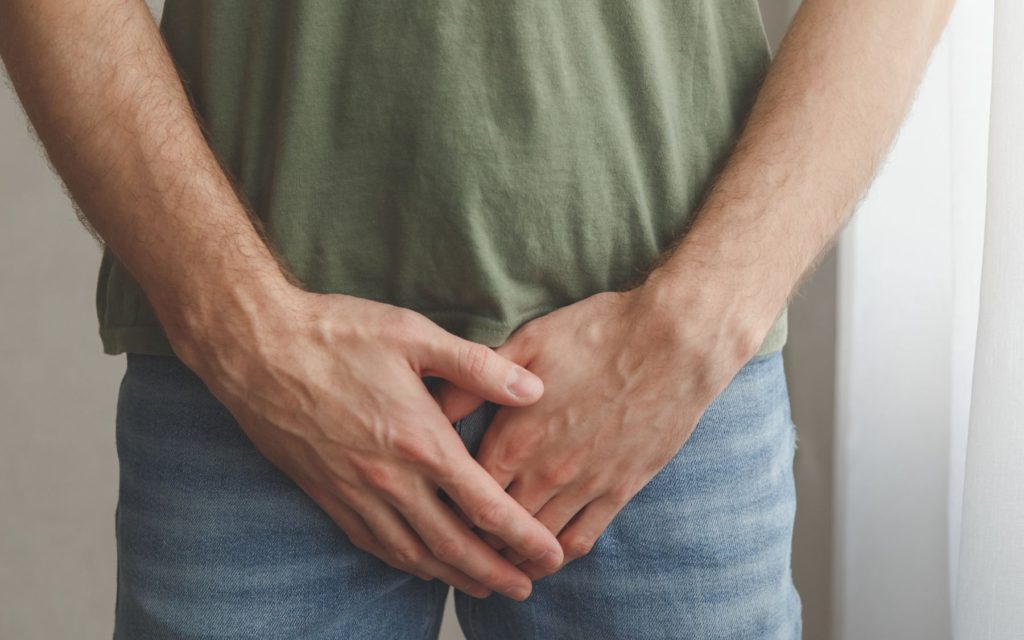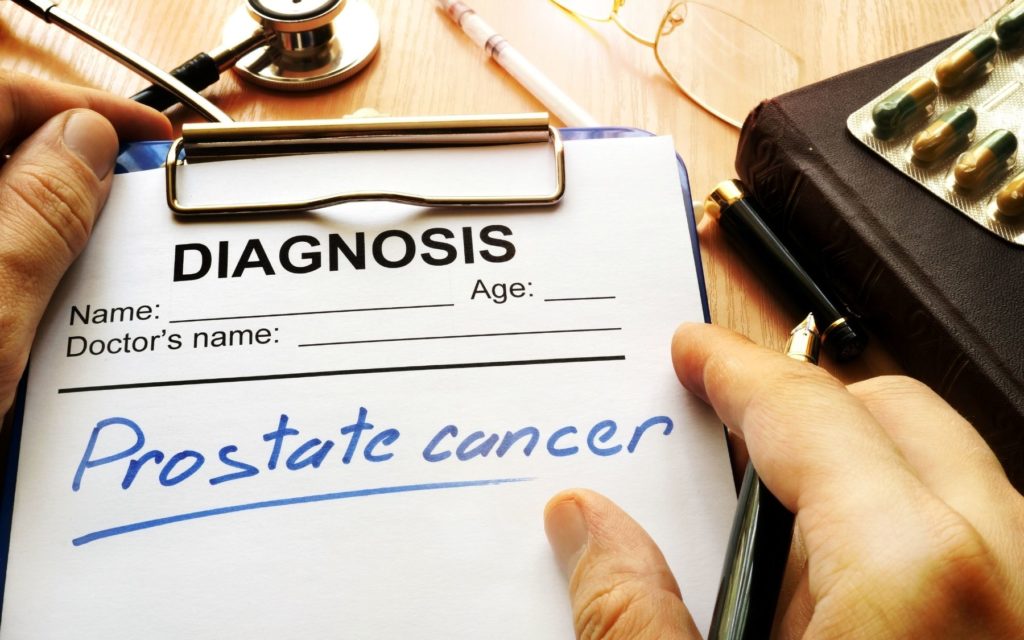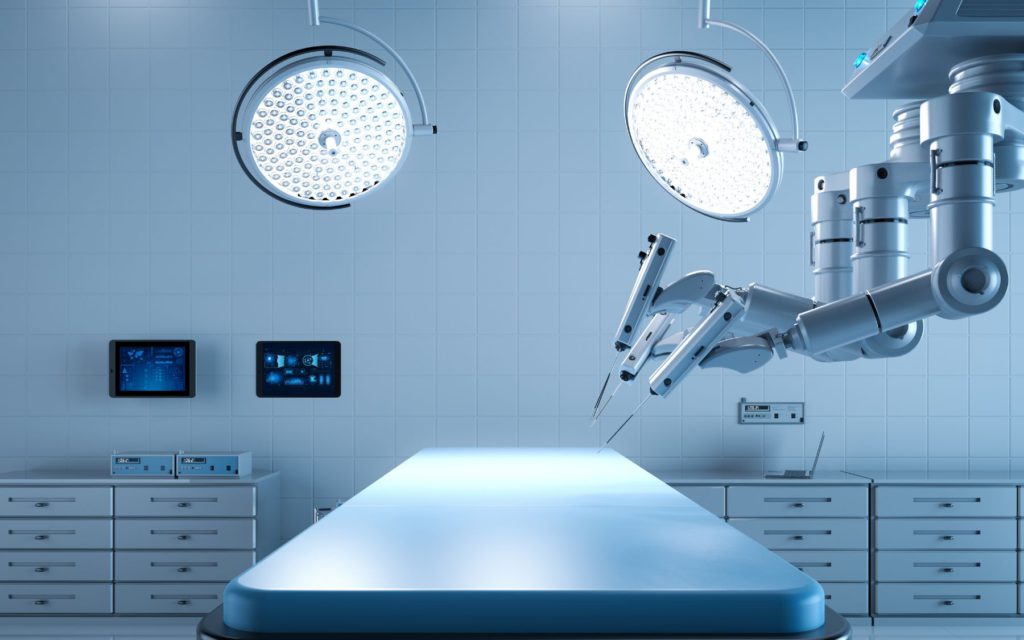Prostatitis symptoms
- Pain and discomfort in the pelvic area
- Pain on ejaculation
- Pain in the penis
- Problems passing urine
- Difficulty sitting down
These symptoms can vary from mild to severely debilitating. Prostatitis is commonly caused by an infection or inflammation of the prostate gland; this can be chronic or acute. If it is a bacterial infection it can be treated by a course of antibiotics. However if you have non-bacterial prostatitis (inflammation), this can be harder to treat.
What is the prostate?
The prostate is a small gland located between the penis and bladder. Its function is to produce a fluid that’s mixed with sperm to create semen.
Men of any age can suffer from prostatitis but it is seen most commonly in those aged between 30 and 50.
There are 2 main types:
- Chronic prostatitis – the symptoms will come and go over several months (this is the more common type)
- Acute prostatitis – the symptoms are severe and come on suddenly (this is rare) but requires immediate treatment
If you believe that you have prostatitis, it is important that you book a consultation so that you can be assessed and given a treatment to improve your symptoms. Commonly used treatments are antibiotics, painkillers, prostate relaxants or a combination of different medication.
In cases where no bacteria is found and standard treatments are not helping, shock wave therapy can be offered, which can help to subside symptoms of prostatitis. Research has shown that the benefit of shock wave therapy can last for 12 months or more when performed on a patient suffering with prostatitis.
If you are concerned about any symptoms you are suffering please do get in touch with our team who will be happy to help and advise you.
This article is intended to inform and give insight but not treat, diagnose or replace the advice of a doctor. Always seek medical advice with any questions regarding a medical condition.






0 Comments